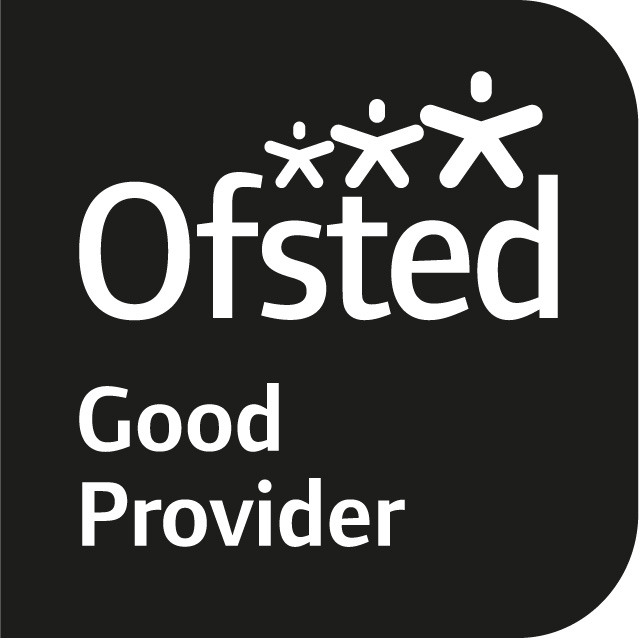
Course may be subject to change.
T Levels are new courses which will follow GCSEs and will be equivalent to three A Levels. These two-year courses have been developed in collaboration with employers and businesses so that the content meets the needs of industry and prepares learners for work.T levels are one of three post 16 options for young people which are:
- A Levels
- Apprenticeships
- T Level
The qualification will help you gain an understanding of the BSE industry and the sector and you will cover topics such as: Health and Safety, construction science principles, sustainability in the construction industry and building services engineering systems.
A learner will have the choice of studying one standalone occupational specialism or a combination of specialisms as listed below.
Standalone:
- Electrotechnical engineering.
Learners will be able to:
- Install electrotechnical systems
- Commission electrotechnical systems
- Maintain electrotechnical systems
- Decommission electrotechnical systems
Learners will be assessed against the following assessment themes:
- Health and Safety
- Design and planning
- Systems and components
- Inspect and test systems and components
- Report and information
- Handover and communication
- Working with faults
Entry Criteria
Learners will be required to have level 2 qualification in the relevant field of electrical installation (2365 or 8202) with minimum grade of a merit.
Modules Studied
The employer-set project samples knowledge drawn from across the core content in relation to the specific project version context –however, due to their importance all versions of the employer-set project will cover content from the following core underpinning knowledge outcomes:
- Health and safety
- Construction design principles
- Sustainability principles
- Building services engineering (BSE) systems
The employer-set project is an assessment made up of several tasks that will take place within controlled conditions, assessing the knowledge and skills learned as part of the core element of the TLevel. Each project will be developed together with employers in the industry to reflect realistic types of developments, activities and challenges. The project is made up of a number of tasks which all relate to the same employer-set project brief and tender specification:
1.1 – Research
1.2 – Report
1.3 – Project plan
1.4 – Presentation
2.1 – Collaborative problem-solving
2.2 – Evaluation
The project only draws on the content from the common core knowledge hat sits across all specialisms for BSE (specific knowledge and skills for each specialism will be assessed in the practical assignments).The project is linked to the core skills:
- Problem solving
- Research
- Communication
- Working collaboratively with others
Teaching and Assessment
To achieve the T Level Technical Qualification in Building Services Engineering for Construction learners must complete the two components of the Technical qualification. These are known as the core component and the occupational specialism:
- Building services engineering core component (350)
- Plus, one occupational specialism component that must be (353) Learners must be registered on the mandatory POS and one other POS covering the occupational specialisms.
These tests are externally set and externally marked and will be sat through question papers provided by City & Guilds. These tests are designed to assess learners’ depth and breadth of understanding across the core component in the qualification at the end ofthe period of learning and will be sat under invigilated examination conditions.
Learners who fail either one or both exams in the core component will need to retake both exams and must do so in the same assessment window. Any retake must be completed within two years after the completion of the learner’s T level programme..
Paper 1 These exams will be made up of different question types that include short answer questions, structured questions, and extended response questions. The exam paper will consist of part A and part B. The level of difficulty will increase through the paper with lower demand questions at the beginning of the question paper to higher demand questions at the end of the question paper.
Health and safety in construction
Construction design principles
Construction and the built environment industry
Construction sustainability principles
Building technology principles
Tools, equipment and materials
Paper 2 These exams will be made up of different question types that include short answer questions, structured questions and extended response questions. The exam paper will consist of part A and part B. The level of difficulty will increase through the paper with lower demand questions at the beginning of the question paper to higher demand questions at the end of the question paper.
Content overview:
Construction science principles
Construction measurement principles
Construction information and data principles
Relationship management in construction
Digital technology in construction
Construction commercial/business principles
Building Services Engineering (BSE) systems
Maintenance principles
Learners must complete:
-
Two externally set exams covering knowledge from the building services engineering core (component 350). The exams provide sufficient sampling of the content and consist of a mixture of short answer questions (SAQs), some of which will be structured, and extended response. The balance of questions in assessing across assessment objectives (AOs) 1, 2 and 3 will allow for the appropriate differentiation of learners to support the reliable setting of boundaries.
-
One employer-set project covering knowledge and skills from the building services engineering core (component 350). The employer-set project will consist of a well-defined, real industry-style brief. The brief will be complex and non-routine, and will require the use of relevant maths, English and digital skills. The brief will provide a valid context for the Level 3 learner to demonstrate their knowledge and understanding of the core content and their core skills to solve occupationally relevant situations and/or problems.
- One occupational specialism from (353) These assessments will feature a considerable practical element and are composed of a series of holistic practical tasks relating to the specialism at hand. They will take place over a period of time, scheduled at the provider’s preference within an approximate three-month assessment window. By nature of the considerable practical elements, the tasks will generate significant ephemeral evidence and be heavily reliant on Internal Assessor observation notes and records for validation.


